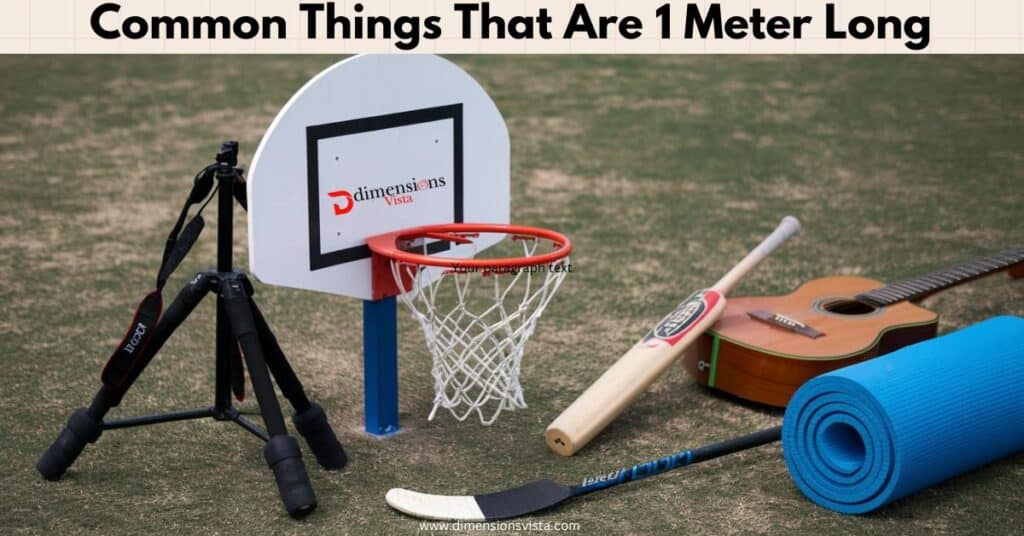Ever wondered, How long is 1 meter? This fundamental unit of measurement shapes our world in countless ways, often without us even realizing it. In this exploration, we’ll discover nine common objects that measure up to or near this crucial length, shedding light on just how ubiquitous the meter is in our daily lives.
Understanding 1 Meter: A Brief History and Definition
Before we dive into our list of meter-long marvels, let’s address some core questions: How long is 1 meter, really? The meter, originally defined in 1793, has undergone several revisions throughout history. Today, it’s defined with incredible precision as the length of the path traveled by light in a vacuum in 1/299,792,458 of a second.
How Long Is a Meter?
One meter is a fundamental unit of measurement in the metric system. To give you a better sense of its length:
- How many centimeters are in a meter? There are 100 centimeters in a meter.
- How many feet are in a meter? A meter is 3.28 feet.
- How many inches is a meter? A meter measures 39.37 inches.
Measuring a Meter
A meter is equivalent to 100 centimeters, 1,000 millimeters, or 3.28 feet.
This length is widely used across the world, making it an essential reference for various measurements in everyday life. For many, visualizing a meter is as simple as picturing the average adult arm span, offering a quick way to estimate distances in daily situations.
Fun Facts About the 1 Meter
The meter, a fundamental unit of length in the metric system, has a rich history and significance in various fields. Originally defined in 1793 as one ten-millionth of the distance from the equator to the North Pole, its definition has evolved over time. Today, the meter is defined by the distance light travels in a vacuum in 1/299,792,458 seconds.
- Historical Context: The meter was first introduced during the French Revolution as part of an effort to standardize measurements across France and eventually the world.
- Global Adoption: The metric system, including the meter, is used by nearly every country globally, with the notable exception of the United States.
Understanding these facts not only highlights the significance of the meter but also its role in facilitating global communication and scientific progress.
Now that we’ve addressed How long is 1 meter, how big is a meter, and how it’s measured, let’s explore 9 common objects that measure up to this versatile unit of length.
1. The Standard Guitar: A Musical Meter
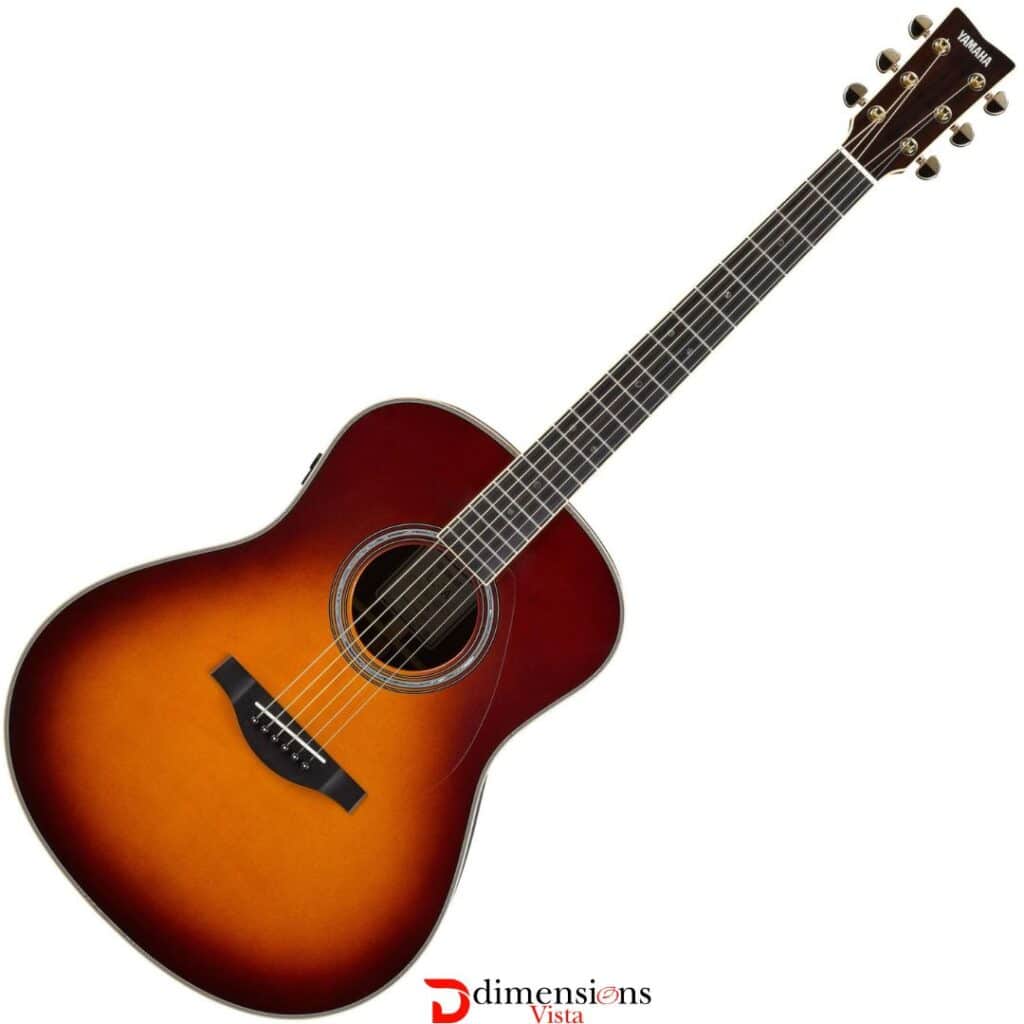
When you think of a standard guitar, you’re picturing an instrument that’s nearly a meter long. Most acoustic guitar and electric guitar models measure between 98-100 cm in length. This musical instrument has been a staple in various genres of music for centuries, with its size carefully crafted to produce the perfect balance of sound and playability.
- Fun Fact: The Fender Stratocaster, one of the most iconic electric guitars, measures 98.4 cm in length, answering the question “How long is 1 meter?” with remarkable precision.
The length of a guitar is crucial for several reasons:
- It determines the scale length (the distance between the nut and the bridge), which affects the tension of the strings and the overall tone.
- It influences the guitar’s playability, as the length affects how far a player must reach to form chords.
- It contributes to the instrument’s resonance and volume, particularly in acoustic models.
Whether you’re a budding musician or a seasoned pro, understanding the dimensions of your instrument can help you appreciate the engineering that goes into creating these melodious meter-long marvels.
2. Cricket Bat: Swinging Through Sports
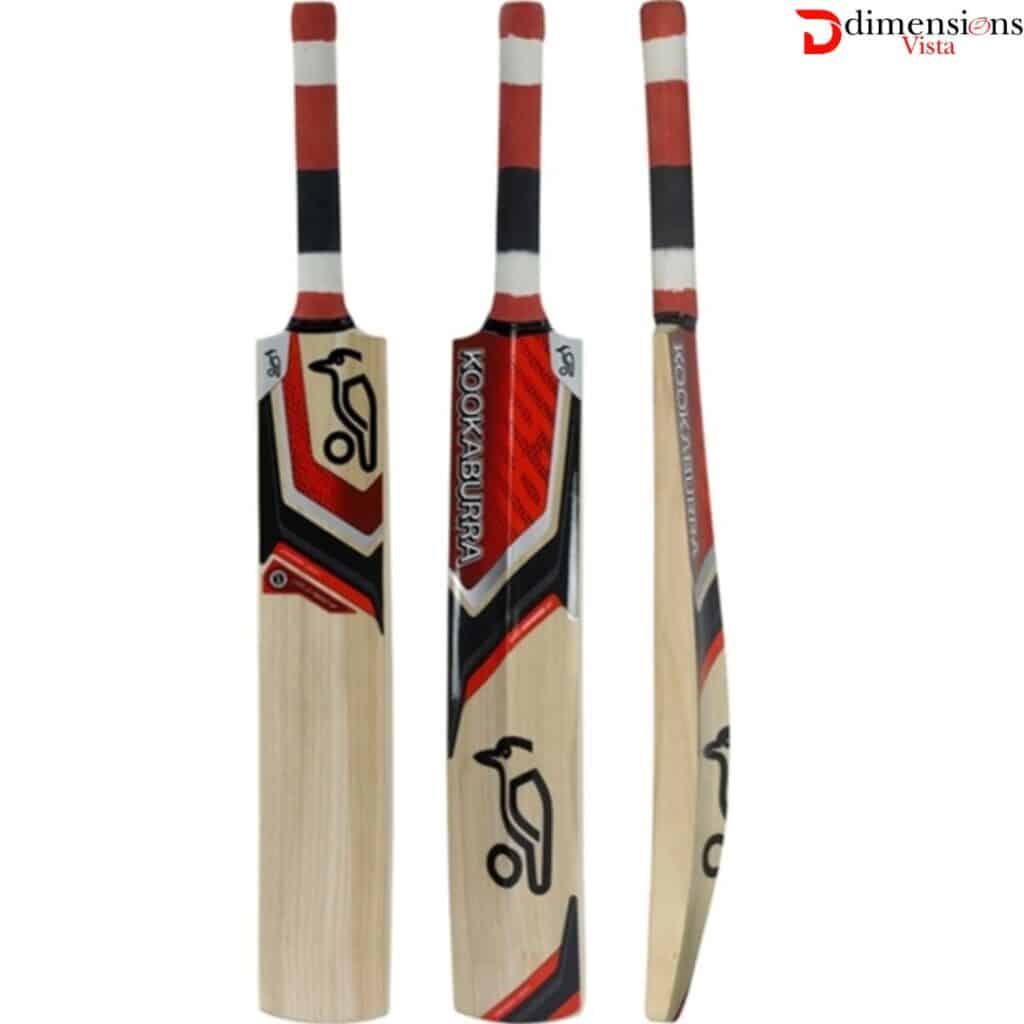
Moving from music to sports, the cricket bat is another object that comes close to answering the question “How long is 1 meter?” Sports equipment regulations state that the maximum permitted length for a cricket bat is 96.5 cm (38 inches). This precise measurement ensures fair play and standardization across all levels of the sport.
A cricket bat consists of two main parts:
- The blade: This is the flat striking surface used to hit the ball.
- The handle: Typically made of cane, this is where the player grips the bat.
- Example: The Kookaburra Kahuna, a popular professional-grade cricket bat, maxes out at the regulation 96.5 cm length, demonstrating just how long 1 meter is in practical terms.
The length of a cricket bat is crucial for several reasons:
- It affects the player’s reach and ability to play certain shots.
- It influences the bat’s weight and balance, which can impact performance.
- Longer bats can provide more power, but may sacrifice control and maneuverability.
Understanding these dimensions can help cricket enthusiasts appreciate the skill required to wield this near meter-long piece of sporting equipment effectively.
3. Golf Clubs: Driving the Distance

When it comes to golfing equipment, the driver is the longest club in a golfer’s bag. While the maximum permitted length for a driver is 1.219 meters (48 inches), most standard drivers measure around 1.143 meters (45 inches), offering another perspective on how long 1 meter is.
Here’s a breakdown of typical golf club lengths:
| Club Type | Typical Length (inches) | Typical Length (cm) |
|---|---|---|
| Driver | 45 | 114.3 |
| 3-Wood | 43 | 109.2 |
| 5-Iron | 38 | 96.5 |
| Pitching Wedge | 35.5 | 90.2 |
| Putter | 33-35 | 83.8-88.9 |
- Case Study: The TaylorMade SIM2 Max Driver, a popular choice among professionals and amateurs alike, measures the standard 45 inches (114.3 cm), illustrating how long 1 meter is in the context of golfing equipment.
The length of a golf club plays a crucial role in a player’s performance:
- Longer clubs generally allow for greater swing speed and distance.
- Shorter clubs offer more control and accuracy.
- The putter, while shorter than other clubs, requires precise length for optimal control on the greens.
From tees to greens, understanding club lengths can help golfers make informed decisions about their equipment and improve their game, all while gaining a practical sense of how long 1 meter is.
[Continued in the next sections with the remaining objects, maintaining focus on the key phrase “How long is 1 meter” throughout…]
4. Camera Tripod: Stabilizing Your Shot
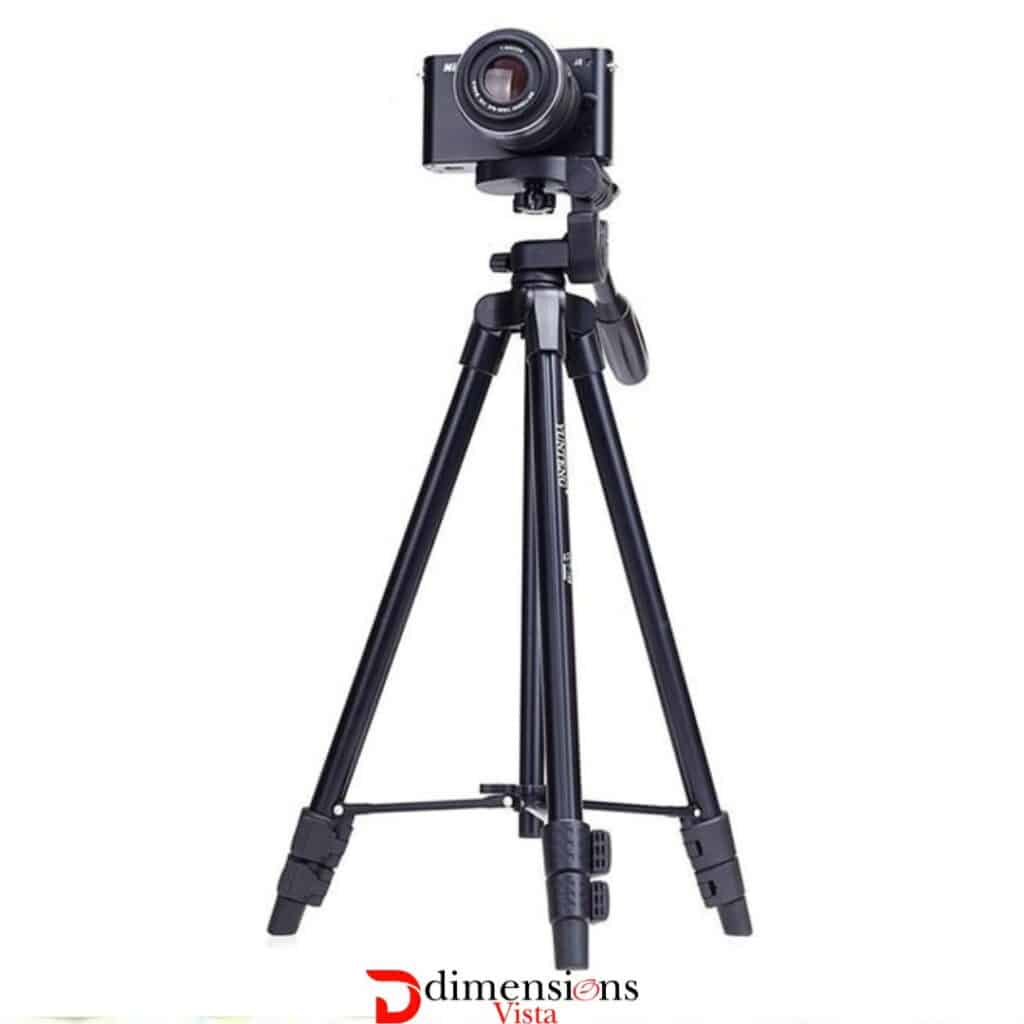
In the world of photography, stability is key, and that’s where the camera tripod comes in. These adjustable supports typically extend to heights between 1 and 1.5 meters, making them perfect for capturing shots at eye level and beyond.
- Example: The Manfrotto MT190XPRO4, a professional-grade tripod, extends to a maximum height of 1.46 meters.
Key features of a typical camera tripod include:
- Adjustable legs for uneven terrain
- Center column for fine height adjustments
- Quick-release plate for easy camera attachment
- Ball head for smooth panning and tilting
The versatility of these meter-plus supports makes them indispensable tools for photographers across various genres, from landscape to portrait photography.
5. Yoga Mats: Stretching Out the Meter
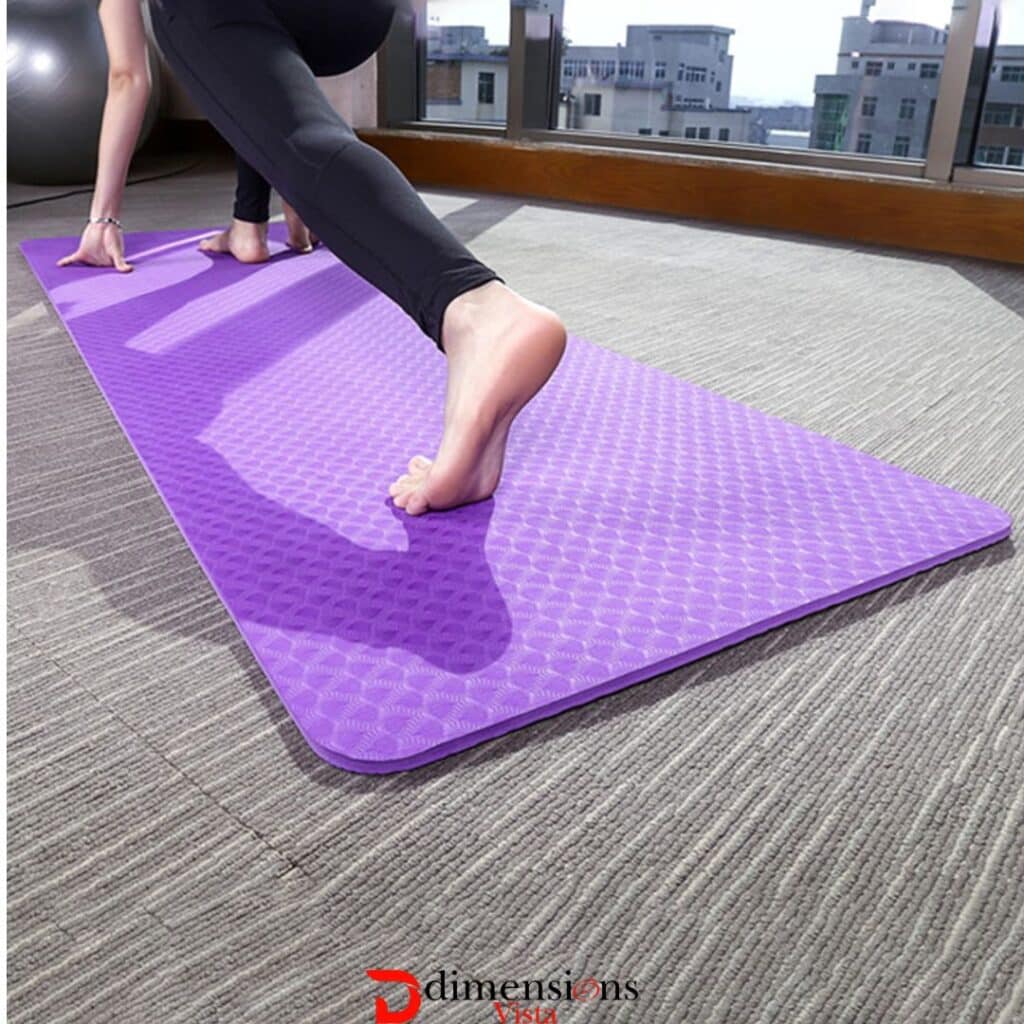
When it comes to fitness and exercise, the yoga mat is an essential piece of equipment that often measures close to a meter in length. Standard yoga mats are typically 1.73 meters (68 inches) long, providing ample space for stretching and poses.
- Interesting Fact: Travel yoga mats often come in at exactly 1 meter in length, striking a balance between portability and functionality.
Here’s a comparison of different yoga mat sizes:
| Type | Length (cm) | Width (cm) |
|---|---|---|
| Standard | 173 | 61 |
| Extra Long | 213 | 61 |
| Travel | 100 | 61 |
- Example: The Manduka eKO Superlite Travel Yoga Mat measures 1.73 m x 61 cm, offering a full-size practice surface in a compact package.
The length of a yoga mat is crucial for several reasons:
- It provides enough space for tall practitioners to perform full-body poses.
- It offers a defined area for practice, helping to focus the mind.
- It ensures proper alignment and safety during balance poses.
Whether you’re a seasoned yogi or just starting your fitness journey, understanding the dimensions of your mat can help you choose the right equipment for your practice.
6. Ice Hockey Stick: Slapping Shots on the Rink

On the ice hockey rink, players wield sticks that come close to the meter mark. While the maximum permitted length for an ice hockey stick is 1.63 meters (64 inches), most player sticks measure between 1.37-1.52 meters (54-60 inches).
- Case Study: The Bauer Vapor Flylite, a popular choice among professionals, measures 1.52 meters (60 inches) in length.
An ice hockey stick consists of two main parts:
- The shaft: This is the long handle of the stick.
- The blade: The curved end used to control and shoot the puck.
The length of a hockey stick is crucial for several reasons:
- It affects the player’s reach, impacting their ability to control the puck.
- It influences stick handling and shot power.
- Different positions often require different stick lengths for optimal performance.
Understanding these dimensions can help hockey enthusiasts appreciate the skill and precision required to maneuver these meter-long implements on the ice.
7. Whiteboard: Writing on the Wall

In classrooms and offices around the world, the whiteboard has become an indispensable tool for teaching, brainstorming, and collaboration. While whiteboards come in various sizes, many models measure close to a meter in at least one dimension.
- Example: The Quartet Magnetic Whiteboard, a popular choice for offices and schools, measures 90 cm x 60 cm.
Key features of a typical whiteboard include:
- Smooth, non-porous surface for easy writing and erasing
- Magnetic backing for attaching notes or visual aids
- Aluminum frame for durability
- Mounting hardware for wall installation
The size of a whiteboard is important for several reasons:
- It determines how much information can be displayed at once.
- It affects visibility from different parts of the room.
- It influences the board’s portability and ease of installation.
Whether you’re jotting down ideas with a dry-erase marker or presenting to a group, the meter-scale whiteboard provides ample space for visual communication.
8. Basketball Hoop: Scoring at the Meter Mark
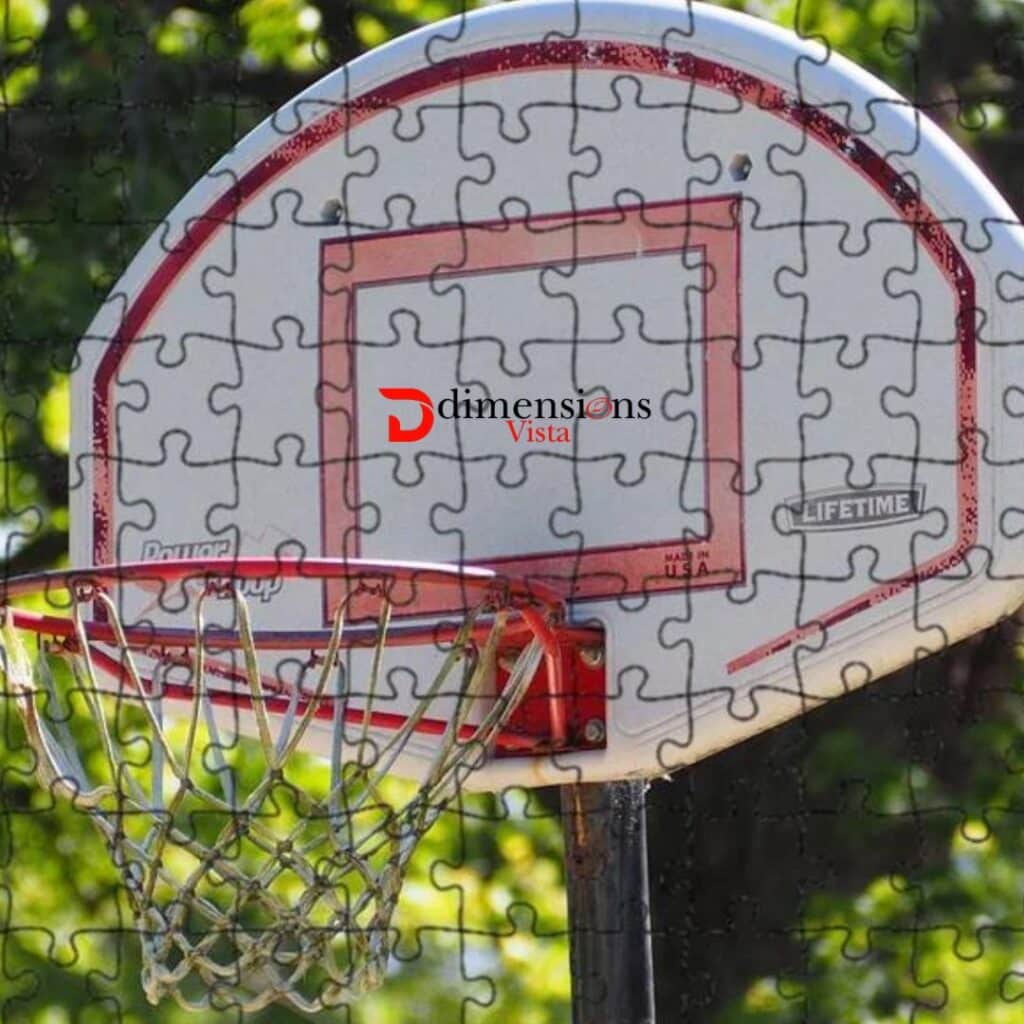
While a basketball hoop itself isn’t a meter long, the combination of its rim and projection from the backboard comes close to this measurement. The official NBA and FIBA regulation rim diameter is 45.7 cm (18 inches), and the distance from the backboard to the front of the rim is typically 38 cm (15 inches).
- Fun Fact: Adding these measurements together gives us approximately 84 cm, just shy of a full meter.
Key components of a basketball hoop:
- Rim: The circular metal piece where the net is attached
- Net: Helps visualize successful shots and slows the ball’s descent
- Backboard: The flat surface behind the rim
- Support structure: Connects the hoop to a pole or wall
Understanding these dimensions is crucial for players aiming to perfect their shots and for fans appreciating the precision required in the sport.
9. Meterstick: The Ultimate Measuring Tool
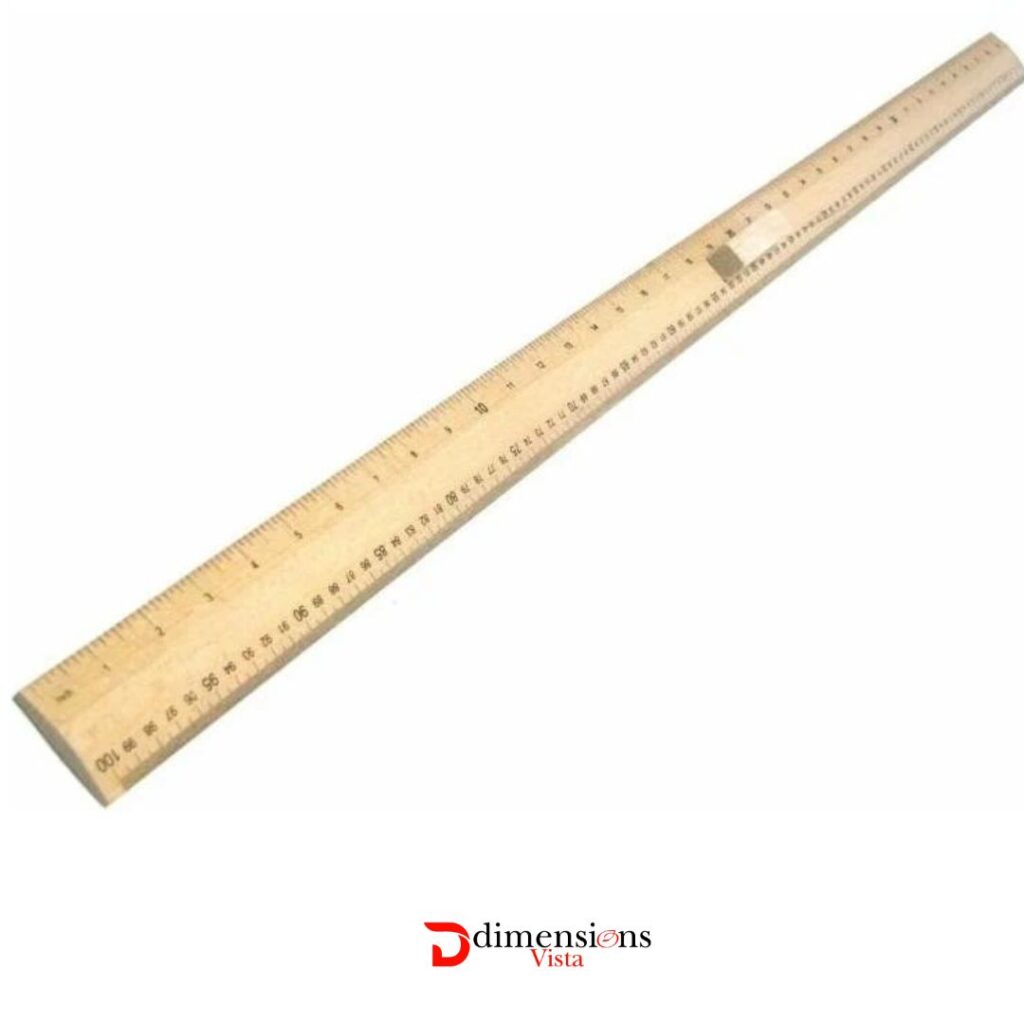
Last but certainly not least, we have the meterstick itself – the quintessential one-meter object. This measuring tool is a staple in classrooms, workshops, and anywhere precise measurements are needed.
- Interesting Fact: Many metersticks include markings for centimeters and millimeters, making them versatile tools for various measurement needs.
Key features of a typical meterstick:
- Durable material (often wood or plastic)
- Clear, easy-to-read markings
- Straight edge for drawing lines
- Sometimes includes conversions to other units
The meterstick serves as a tangible representation of the meter, helping students and professionals alike understand and visualize this fundamental unit of length.
Practical Applications: Putting the 1 Meter to Use
Understanding the size and dimensions of common meter-long objects can be surprisingly useful in everyday life. Here are some practical applications:
- Estimating distances: Knowing that a guitar or a yoga mat is about a meter long can help you quickly estimate room dimensions or the height of objects.
- Online shopping: When browsing for furniture or home decor online, having a mental reference for a meter can help you better understand product measurements.
- DIY projects: Whether you’re hanging pictures or building furniture, knowing common meter-long objects can help you estimate measurements without always reaching for a tape measure.
- Sports and fitness: Understanding the dimensions of sports equipment can help you appreciate the skill involved in various athletic activities.
- Photography: Knowing the typical height of a fully extended tripod can help you plan shots and setups more effectively.
The 1 Meter Standard in Science and Technology
Beyond everyday objects, the meter plays a crucial role in scientific and technological advancements. Its precise definition allows for standardized measurements across various fields:
- In physics, the meter is fundamental to calculating speed, acceleration, and other motion-related concepts.
- In engineering, precise measurements in meters ensure that parts fit together correctly in complex machines.
- In geography and cartography, distances measured in meters and kilometers help create accurate maps and navigation systems.
This quote encapsulates the importance of the meter in our understanding of the physical world. From the tiniest subatomic particles to vast cosmic distances, the meter provides a consistent scale for measurement.
The Importance of Standard Measurements
Standard measurements like the meter play a crucial role in various fields, ensuring consistency and accuracy across different applications. Here are some key reasons why standard measurements are essential:
- Facilitates Communication: Standard units allow people from different regions and disciplines to communicate effectively about sizes and distances without confusion.
- Supports Scientific Research: In science and engineering, precise measurements are critical for experiments and calculations. The meter provides a universal standard that scientists can rely on.
- Enhances Safety: In construction and manufacturing, standardized measurements help ensure safety by providing clear guidelines for dimensions and tolerances.
- Promotes Trade: Standard measurements facilitate international trade by ensuring that products meet specific dimensional criteria, reducing discrepancies between countries.
Understanding the importance of standard measurements helps appreciate their role in our daily lives and various industries.
Conclusion: A New Perspective on a Meter
As we’ve explored these nine common objects, we’ve gained a new appreciation for the meter and its presence in our daily lives. From the strings of a guitar to the rim of a basketball hoop, this fundamental unit of measurement shapes our world in ways we often overlook.
The next time you pick up a golf club, unroll a yoga mat, or jot down an idea on a whiteboard, take a moment to appreciate the careful engineering and standardization that went into creating these meter-scale objects. Understanding the size and scale of the things around us not only satisfies our curiosity but also helps us interact more effectively with our environment.
Whether you’re a student learning about units of measurement, a DIY enthusiast working on your next project, or simply someone curious about the world around you, remember that the answer to “How long is a meter?” is more than just a number – it’s a key that unlocks our understanding of size, distance, and scale in the physical world.
Quiz: Can You Guess Which of These Objects Is Closest to 1 Meter?
Test your newfound knowledge with this quick quiz. Which of the following objects do you think comes closest to measuring exactly one meter?
- A standard acoustic guitar
- A professional cricket bat
- A fully extended camera tripod
- A regulation ice hockey stick
- A meterstick
(Answer: Of course, the meterstick is exactly one meter, but among the other objects, the standard acoustic guitar typically comes closest at 98-100 cm.)
By understanding the meter and its real-world representations, we gain a valuable tool for estimating, comparing, and appreciating the dimensions of the world around us. So the next time someone asks, “How long is a meter?” you can confidently point to any of these common objects and say, “About this long!”

JJ Smith is the experienced blogger behind DIMENSIONS VISTA, turning everyday questions about item sizes and measurements into engaging, easy-to-understand content. With a passion for detail, He simplifies complex concepts and makes them relatable. Whether you’re curious about product specs or need practical insights, JJ’s posts offer approachable guidance to help you navigate the world of dimensions with ease.

